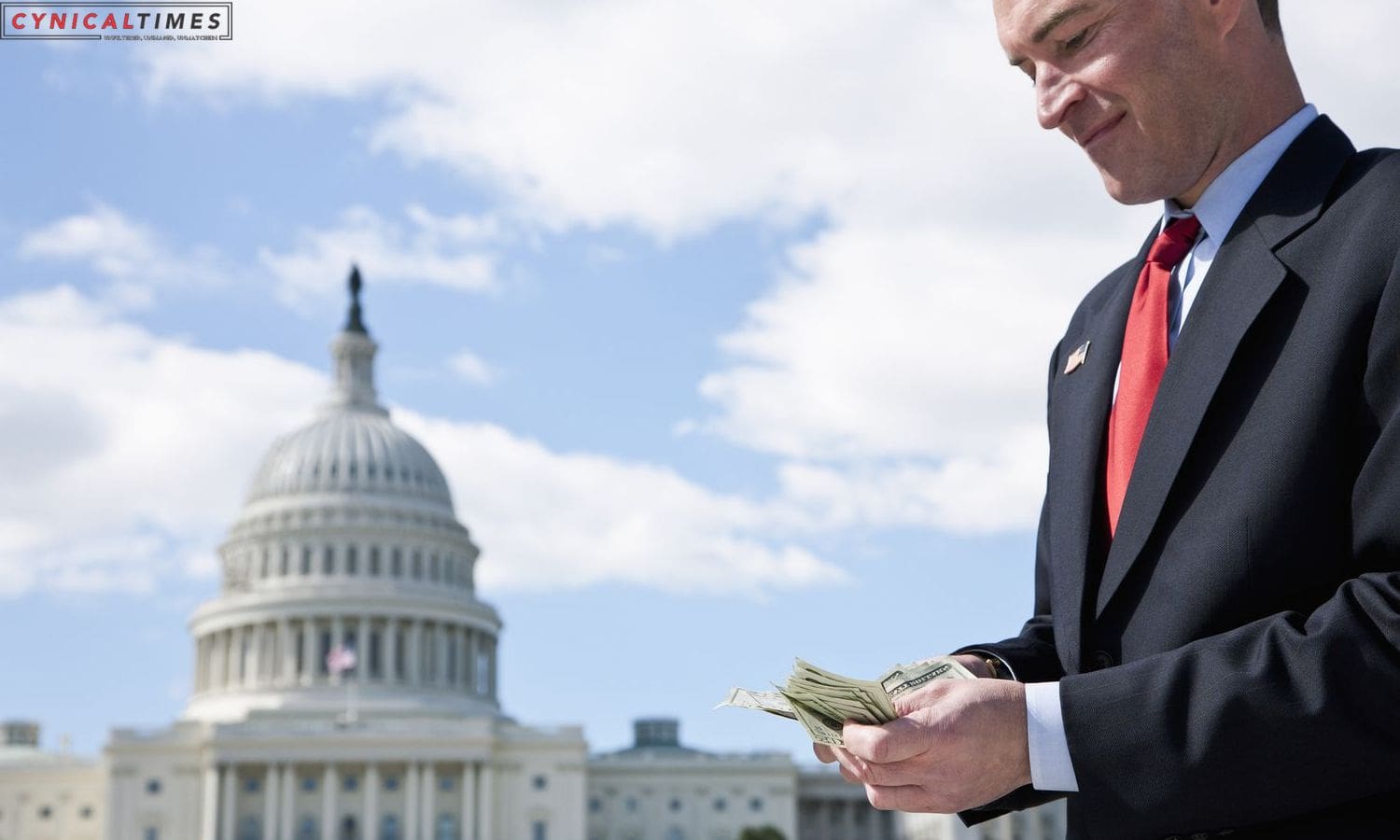Federal Election Regulators Approve Rule: In a momentous move, the FEC has authorized federal candidates to use campaign funds for pay. The 5-1 vote eased financial issues for low-income candidates running for Congress and the White House.
The rule change, proposed by former congressional candidate Nabilah Islam Parkes in 2021 and championed by FEC Commissioner Shana Broussard, received bipartisan support. Broussard emphasized that running for federal office should be accessible to all Americans, irrespective of their financial background. The move is seen as a step toward diversifying representation in government.
Under the previous system, while candidates were allowed to use campaign funds for salaries, strict limits were in place to prevent misuse. The compensation was often tied to their earnings in the year before candidacy, with candidates unable to draw a paycheck until specific filing deadlines.


Also Read: Biden Balancing Act: Navigating Israel Tensions Amid Gaza Crisis
The new rules, set to take effect on March 1, 2024, bring more flexibility. Candidates can now use campaign funds to pay themselves up to 50% of the annual U.S. House salary or an amount equivalent to their average annual income over the past five yearswhichever is lower. This change aims to accommodate candidates with varying financial backgrounds, including students, the unemployed, or those involved in caregiving.
Florida Rep. Maxwell Frost’s testimony earlier this year shed light on the financial struggles faced by candidates. Frost, the first Gen Z candidate to win a House seat in 2022, shared his experience of working part-time as an Uber driver while campaigning, facing challenges such as a landlord denying his apartment application due to bad credit.
The bipartisan agreement on the commission is noteworthy, with Commissioner James “Trey” Trainor being the lone dissenter, arguing that the FEC lacks the congressional authority to permit candidates to use campaign funds for their own salaries. Despite the dissent, the rule change marks a positive step toward fostering a more inclusive and diverse political landscape.
Our Reader’s Queries
Who oversees federal campaign regulations?
The Federal Election Commission (FEC) is an independent regulatory agency that oversees and enforces federal campaign finance laws. It has the authority to regulate the financing of campaigns for the U.S. House, Senate, Presidency, and Vice Presidency.
What is the Federal Elections Commission and what rules does it enforce?
The enforcement of federal campaign finance laws, which includes monitoring donation prohibitions and limits, as well as overseeing public funding for presidential campaigns, falls under the jurisdiction of the Federal Election Commission.
How did the Supreme Court rule in Citizens United v FEC?
In a 5-4 decision, the court ruled that the First Amendment’s freedom of speech clause prevents the government from limiting independent expenditures for political campaigns by corporations, labor unions, and other associations, including nonprofit corporations. This means that these entities are free to spend money on political campaigns without government interference.
What is regulated by the FEC?
According to FEC regulations, a candidate’s federal campaign committee cannot receive funds or assets from a committee created by the same candidate for a nonfederal election campaign. This means that transfer of funds as payment to the federal committee is not allowed under 11 CFR 110.3(d).

